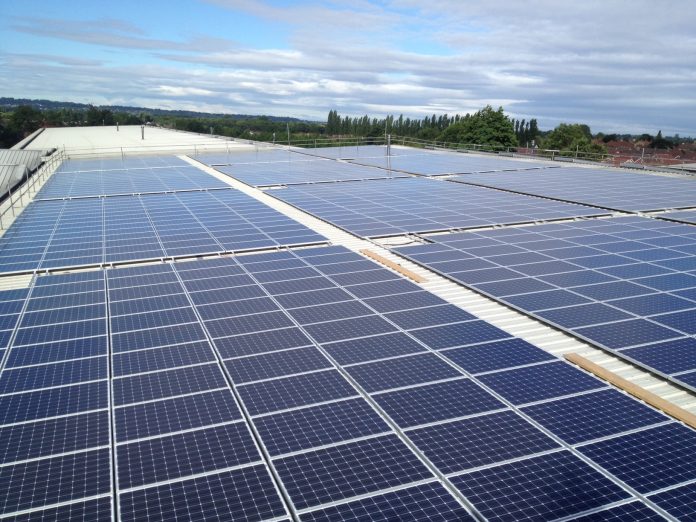ENGIE Africa and its subsidiary AUSAR Energy are constructing of 8 hybrid solar power plants at remote sites in the Northwest, in partnership with the Caisse des Dépôts et Consignation du Gabon.
It’s a major pilot project to give energy access to isolated villages and help the environment.
The 8 solar power plants we will build will save one million litres of fuel oil per year, or 2600 tonnes of CO2, and reduce production costs by 30%. Installed near isolated villages, they will supply nearly 1600 homes.
Their technology constitutes a major innovation for Gabon, which for the first time will be developing skills in photovoltaic solar power. These plants will contribute to the country’s climate plan to reverse the Gabonese energy mix, until now consisting mainly of fossil fuels.
Innovative technology
The Ndjole hybrid solar power (1.440 panels) plant project is the first application of fuel save technology in Gabon. The plant’s photovoltaic panels are connected to three 100 kW inverters.
The solar power generated is sent to the transformer station over a medium-voltage line, and then a further 500 m to the national grid, using 7 poles put up by Ausar Energy.
Communication between the photovoltaic controller and the four generator-set controllers takes place directly from the thermal power plant.
Communication between the two plants to ensure continuous supply is through a 3.5 km optical fibre installed between the solar power plant and the Société d’Electricité et d’Eau du Gabon thermal power plant.
The lifespan of the main photovoltaic equipment (the panels and installation structures, in particular) is 25 years. The solar power is constant over the lifetime of the power plants during this period, namely 2.8 MWp.
After this period, solar energy production will decrease linearly due to natural ageing of the photovoltaic panels. For comparison, a generator set must be replaced completely every three or four years.
As part of this project for 8 solar power plants, 26 direct full-time jobs have been created in Gabon for periods varying between 6 and 24 months. Once the Ndjolé power plant is installed, staff activity will be reduced and will relate to maintenance of the system and land as well as cleaning the solar panels every six months, requiring two people for a week.
The technical team at Ausar Energy, a subsidiary of ENGIE Africa, has built up experience in the design and management of projects to install solar power plants of more than 20 MW at remote sites.
The companies selected by Ausar Energy and ENGIE Africa to install the solar power plants in Gabon, namely Sagemcom and Engie Maroc, have carried out comparable installations in Morocco, Cameroon, Burkina Faso, Niger, Tanzania, Madagascar and Zambia.
The installation of the equipment is guaranteed for 10 years.
Also Read:
New impetus for proposed Mubuga solar plant in Burundi

